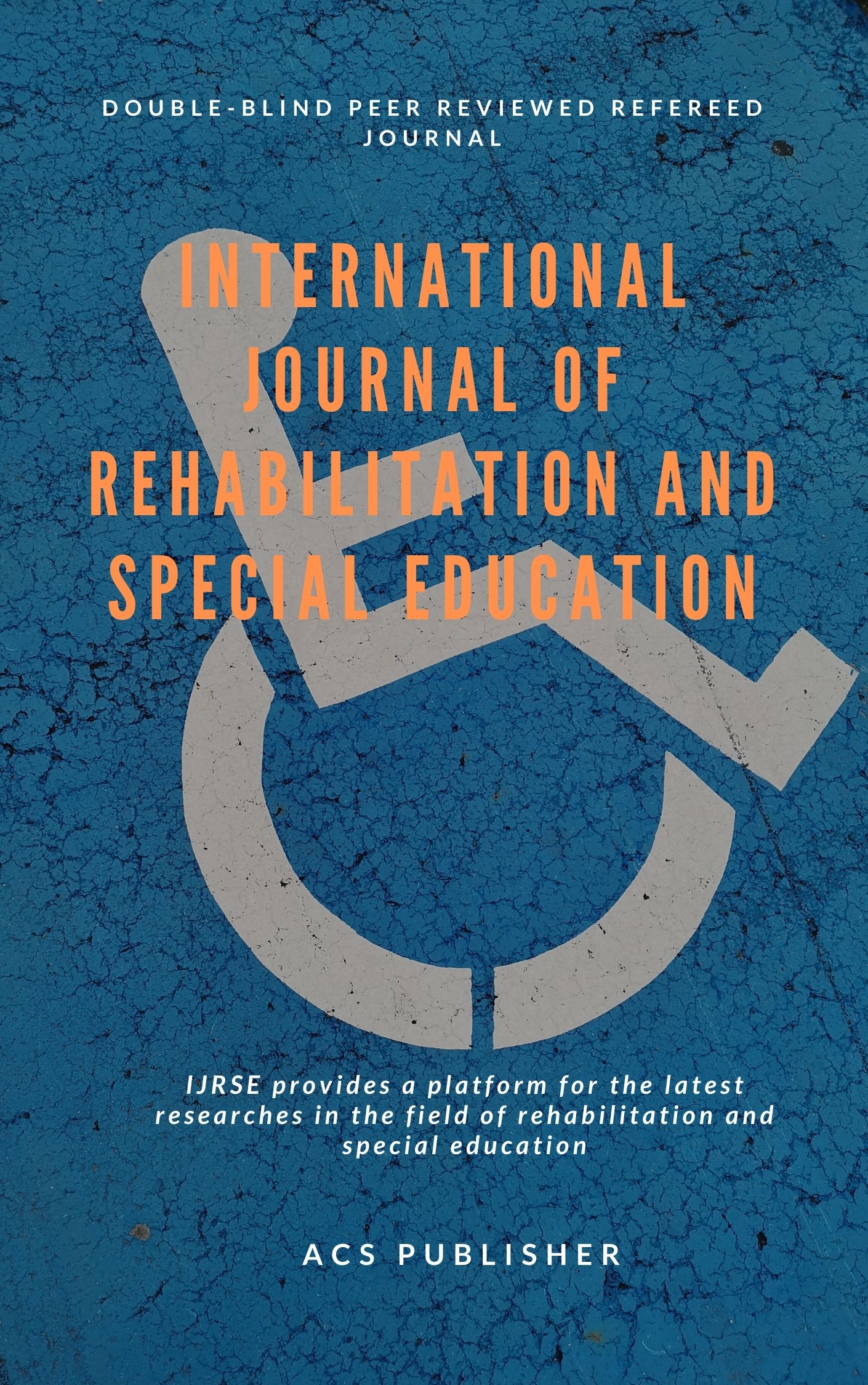Stress and Coping Strategies among First Year Students of College of Education Studies, University of Cape Coast, Ghana
DOI:
https://doi.org/10.48165/ijrse.2022.2.2.6Keywords:
Coping strategies, first year students, Ghana, stress, University of Cape CoastAbstract
The study investigated stress and coping strategies among first year students of College of Education Studies, University of Cape Coast. The descriptive survey research design was adopted for this study. The study was guided by three research questions. The population for the study was first year students in the College of Education Studies, University of Cape Coast. A sample size of 300 students comprising 147 males and 153 females were selected. Cluster, proportionate and simple random sampling techniques were employed. An adapted version of the Students Stress Inventory and Stress Coping Style Inventory (SCSI) were the data collection instruments. Data were analysed using means and standard deviations. The findings indicated that there was high level of stress among the students. Also, it was revealed that environmental, financial and academic stressors were the major common stressors among students. Most students use active emotional-focused coping and active problem-focused coping strategies. It was, therefore, recommended that students should make use of the University’s Counselling Centre to address their issues in the areas of academic, financial, environmental and interpersonal. Furthermore, students should be educated on both emotional-focused coping strategies and problem-focused coping strategies so that they can use them properly under different situations.
References
Downloads
Published
Issue
Section
License
Copyright (c) 2022 International Journal of Rehabilitation and Special Education (IJRSE)

This work is licensed under a Creative Commons Attribution 4.0 International License.

